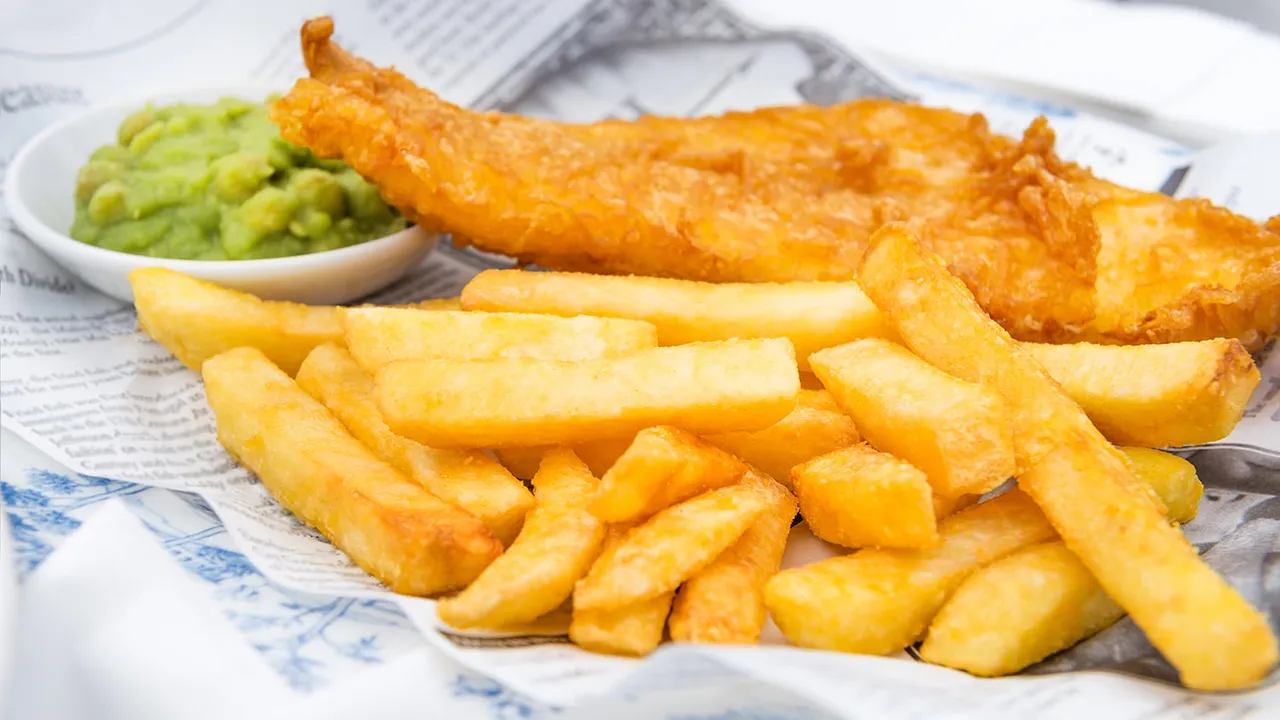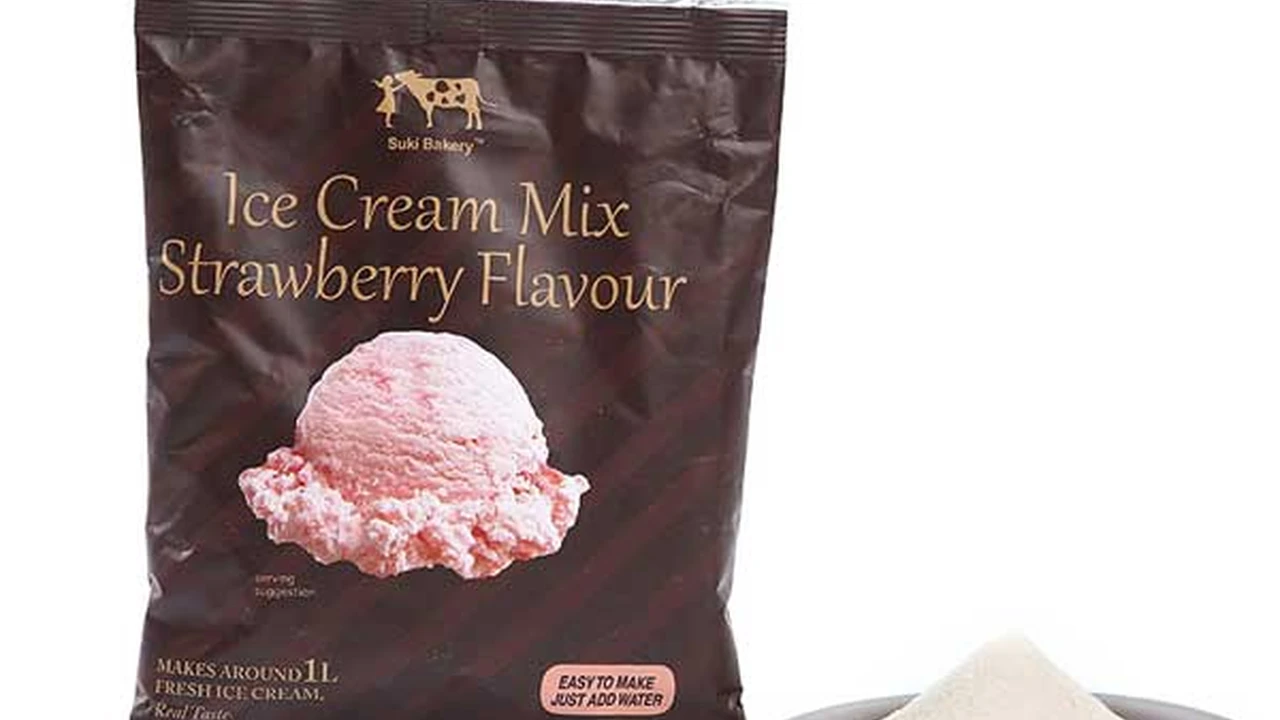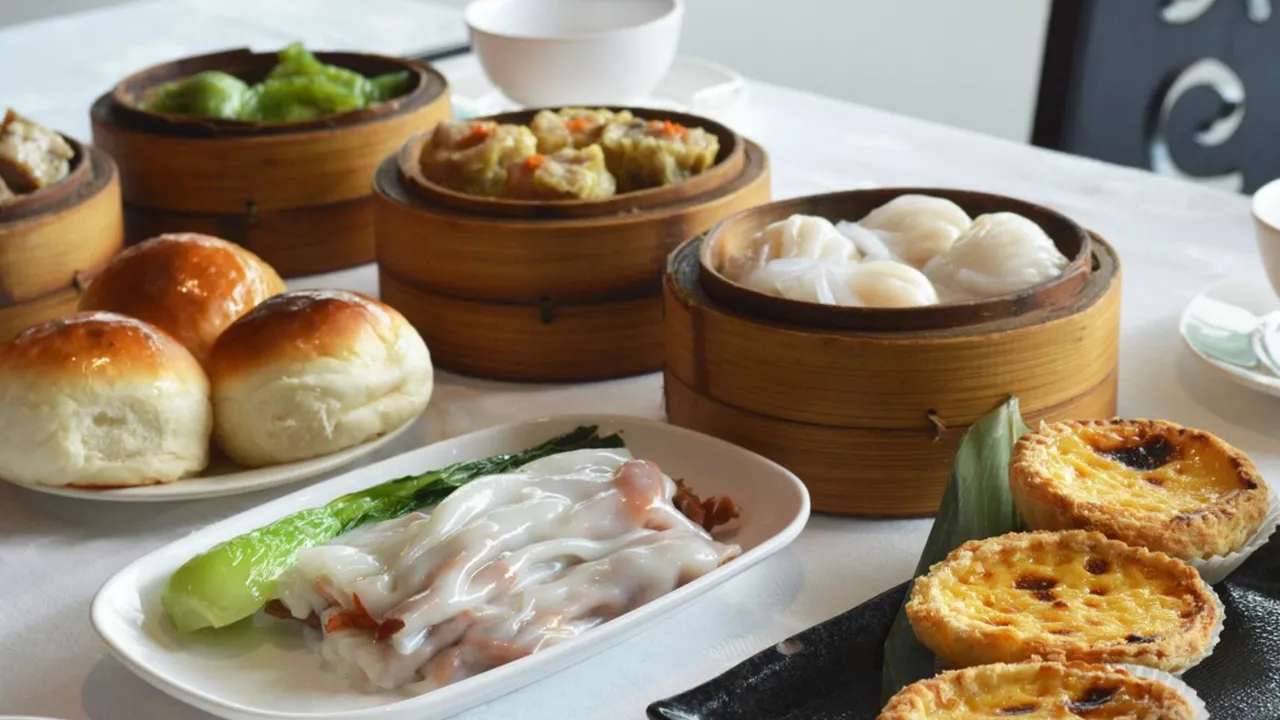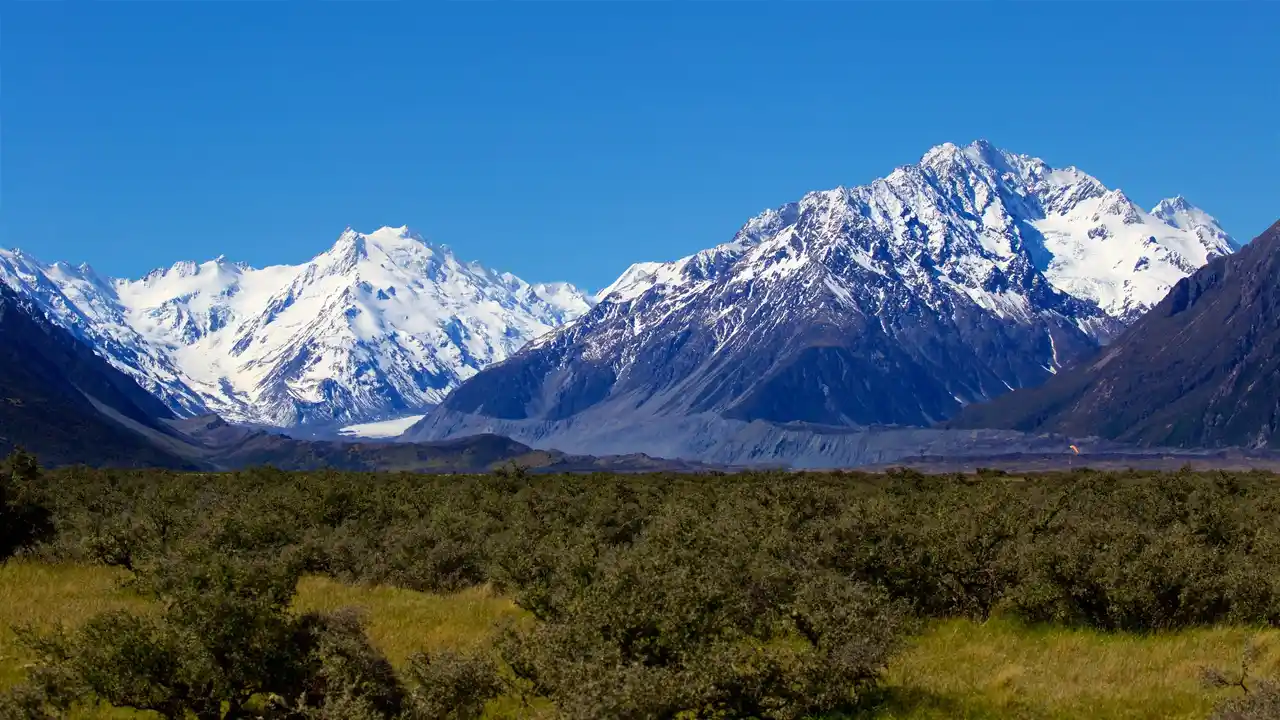Communicating in New Zealand: Language and Culture
Sample meta description.
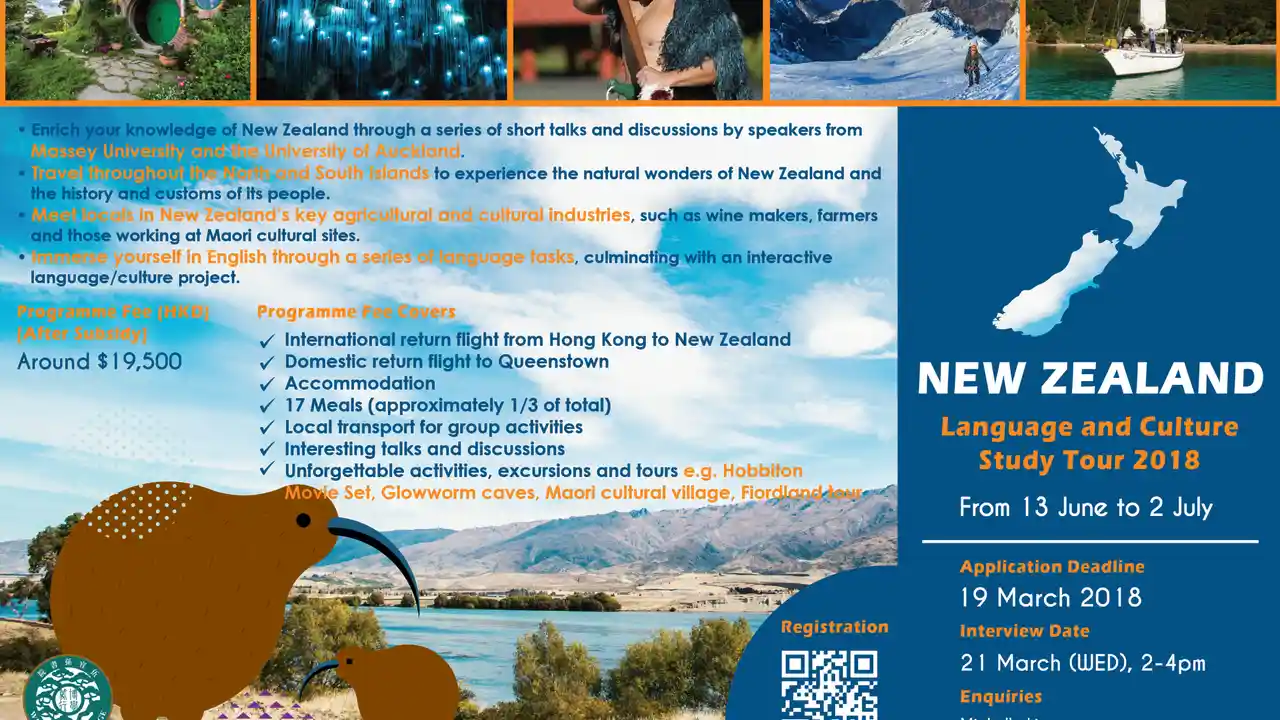
Kia Ora! Understanding New Zealand English (and Kiwi Slang)
So, you're heading to Aotearoa, New Zealand? Awesome choice! Get ready for stunning landscapes, friendly locals, and… a slightly different version of English. While you won't need a translator, brushing up on some Kiwi slang and understanding the nuances of New Zealand English can make your trip smoother and more enjoyable. Think of it as adding another layer to your adventure, like discovering a hidden waterfall or finding the best flat white in Wellington.
First things first: the pronunciation. New Zealanders have a unique accent, often softening vowels and subtly changing the way words sound. For example, "pen" might sound like "pin," and "fish and chips" might come out sounding something like "fush and chups." Don't be afraid to ask people to repeat themselves if you don't understand. They're generally very patient and happy to help.
Beyond pronunciation, there's the vocabulary. Here are a few essential Kiwi slang terms to get you started:
- Kia Ora: (pronounced key-ah o-rah) This is a Maori greeting that means "hello," "good health," or "good luck." It's widely used and always appreciated.
- Chur: (pronounced like "church" without the "ch") This is a versatile word that can mean "thanks," "cool," "awesome," or "good on ya." Use it liberally!
- Sweet as: This means "great," "excellent," or "no problem." "That's sweet as!" is a common expression.
- Jandals: Flip-flops. Essential footwear for any trip to New Zealand, especially in summer.
- Togs: Swimsuit. You'll need these for the beaches and hot pools!
- Bach: (pronounced "batch") A holiday home or beach house. Many Kiwis own or rent baches for summer getaways.
- Dairy: A small corner store. Perfect for grabbing a quick snack or drink.
- Tramping: Hiking. New Zealand is a tramping paradise.
- Hard yakka: Hard work. "That was hard yakka!"
- Eh?: Used at the end of a sentence, similar to "right?" or "isn't it?" "Beautiful day, eh?"
Learning a few of these phrases will definitely impress the locals and make you feel more connected to the culture. Don't be shy about using them!
New Zealand Culture: More Than Just Sheep and Rugby
While sheep and rugby are definitely part of the New Zealand experience, there's so much more to discover. New Zealanders are generally known for being friendly, down-to-earth, and egalitarian. They value honesty, integrity, and a fair go for everyone.
Māori Culture: Māori culture is an integral part of New Zealand identity. Take the time to learn about Māori history, traditions, and art. Visit a marae (Māori meeting ground), attend a cultural performance, or learn a few basic Māori phrases. Respect for Māori culture is essential. For example, always ask permission before taking photos of people or sacred sites.
The Outdoors: New Zealanders have a deep connection to the outdoors. Hiking, surfing, skiing, and kayaking are all popular activities. Be prepared for all types of weather, even in summer. Always check the forecast before heading out and let someone know where you're going.
Respect for the Environment: New Zealand is known for its pristine environment. Kiwis are passionate about protecting their natural heritage. Practice responsible tourism by minimizing your impact on the environment, disposing of waste properly, and respecting wildlife.
Tipping: Tipping is not customary in New Zealand. Service staff are paid a fair wage, so there's no expectation of tipping. However, you can leave a tip if you feel the service was exceptional.
Essential Gear for Communicating and Navigating New Zealand
Staying connected and informed while traveling in New Zealand is crucial. Here are some product recommendations to help you communicate effectively and navigate the country with ease:
Mobile Hotspot Devices: Staying Connected on the Go
New Zealand's stunning landscapes often mean limited Wi-Fi access. A mobile hotspot device can provide a reliable internet connection for your smartphone, laptop, or tablet. This allows you to stay in touch with family and friends, access online maps, and research local attractions.
Product Recommendation: Huawei E5577Cs-321 4G LTE Mobile WiFi Hotspot
Use Case: Ideal for travelers who need a consistent internet connection while exploring remote areas of New Zealand. Use it to upload photos, check emails, or video call loved ones from anywhere with cellular coverage.
Comparison: Compared to using your phone as a hotspot, a dedicated mobile hotspot offers better battery life and can support multiple devices simultaneously. Unlike relying solely on public Wi-Fi, a mobile hotspot provides a secure and private connection.
Price: Approximately $100-$150 USD (depending on the retailer and any data plan included).
Portable Power Banks: Keeping Your Devices Charged
Long days of hiking, sightseeing, and exploring can quickly drain your devices' batteries. A portable power bank is essential for keeping your smartphone, camera, and other gadgets charged and ready to go.
Product Recommendation: Anker PowerCore 20100mAh Portable Charger
Use Case: Perfect for charging your phone multiple times during a day trip or while tramping in the mountains. It's also useful for keeping your camera powered up so you don't miss any photo opportunities.
Comparison: Compared to smaller power banks, the Anker PowerCore 20100mAh offers a higher capacity, allowing you to charge your devices multiple times. Consider the weight and size if you're backpacking.
Price: Approximately $30-$50 USD.
Offline Translation Apps: Bridging the Language Gap
While English is widely spoken in New Zealand, having a translation app on your phone can be helpful for understanding signs, menus, and other written information, especially in areas with a strong Māori influence. Offline translation apps are particularly useful when you don't have internet access.
Product Recommendation: Google Translate (Offline Languages)
Use Case: Download the English and Māori language packs for offline translation. Use the app to translate signs, menus, and even conversations in real-time.
Comparison: Compared to carrying a physical phrasebook, an offline translation app is more convenient and offers a wider range of features. Google Translate is widely used and generally accurate.
Price: Free.
Offline Maps: Navigating Without Internet
Relying solely on online maps can be risky in areas with limited internet coverage. Download offline maps to your phone or GPS device to ensure you can navigate even when you're off the grid.
Product Recommendation: Maps.me
Use Case: Download the map of New Zealand before your trip. Use Maps.me to find hiking trails, points of interest, and even businesses without an internet connection.
Comparison: Compared to Google Maps offline mode, Maps.me offers more detailed maps and includes hiking trails and other outdoor features. It's also completely free.
Price: Free.
Universal Travel Adapter: Powering Up Your Devices
New Zealand uses a different type of electrical outlet than the United States. A universal travel adapter is essential for charging your devices.
Product Recommendation: BESTEK Universal Travel Adapter
Use Case: Use this adapter to plug your US chargers into New Zealand electrical outlets. It typically includes multiple USB ports for charging phones and tablets.
Comparison: Compared to a simple plug adapter, a universal travel adapter offers more versatility and can be used in multiple countries. Look for one with surge protection to protect your devices.
Price: Approximately $20-$30 USD.
Embrace the Kiwi Spirit: Relax and Enjoy Your Trip!
The most important thing to remember when communicating in New Zealand is to be yourself, be respectful, and be open to new experiences. Kiwis are generally very welcoming and forgiving of minor cultural faux pas. So, relax, embrace the Kiwi spirit, and enjoy your adventure in Aotearoa!
:max_bytes(150000):strip_icc()/277019-baked-pork-chops-with-cream-of-mushroom-soup-DDMFS-beauty-4x3-BG-7505-5762b731cf30447d9cbbbbbf387beafa.jpg)



